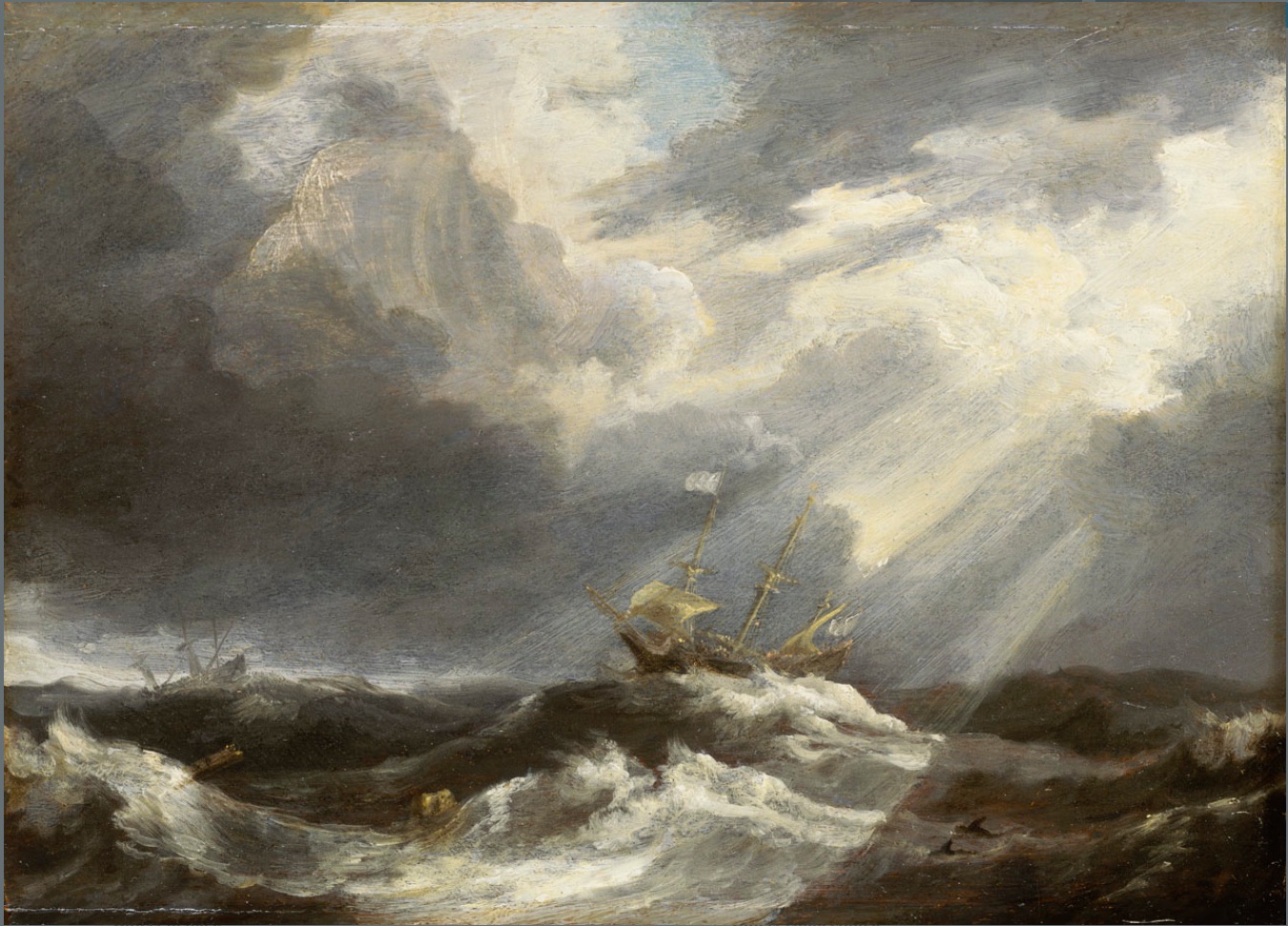
The Poppy Queen, also known as the Ghost Queen, was commonly believed to roam the High Seas during the Golden Age of Piracy in the centuries following the Great Plague. Her ship which could supposedly appear and then disappear, traveling enormous distances in minutes, was a matter of much rumor. Several nations put bounties on the head of this famous pirate, but to no avail.
The version recorded here is one of those told by the peoples of north eastern Dijua, who lay claim to the Poppy Queen as one of theirs.
The north eastern quadrant of the continent Dijua is mountainous, with rocky, clay-heavy soils hardly capable of supporting livestock, let alone traditional agriculture. Most of the communities clustered near the coasts, relying on fishing for their living, and that and the relative isolation from the rest of the world led to a natural talent for sea craft in the area. The people often lived in extreme poverty, driving many to crimes such as highway robbery and piracy, especially in lean years with little fish. Many of those who went out into the world were reportedly welcomed back by their people as heroes bearing vital resources. Contrary to popular imagination, the pirates of the area cared little for gold, instead focusing their efforts on trade goods such as timber, spices, and silk.
The north eastern coast did indeed flourish after a time, with outside goods pouring in, permitting the establishment of several towns that catered to pirates around the coast's many hidden bays.
The existence of the Poppy Queen herself is a matter of more debate. Certainly, there was a surge in piracy during and after the ravages of the Great Plague, and the opium trade blossomed in its wake, but there's no concrete evidence that the pirates were united under one banner, nor of a supposedly magical ship.
However, multiple worlds have similar legends from around the same time, of a ship that appears and then vanishes, leading to some to speculate that the Poppy Queen might have had a multi-dimensional ship - in that case, she would have most likely not been native to Veshiri, as the chances of a remote fisherman from that planet and time inventing such a ship are about the same as a fisherman inventing steamships upon hearing that some distant land has begun smelting bronze.
The myth is popularly known in Veshiri, and a minor curiosity in other worlds, though naval historians consider its relation to similar myths a matter of deep mystery.
The origin of the magical ship itself is one of the most variable parts. Common claims include that the Poppy Queen built it herself, that it drifted ashore to her fishing village, and that she, in this being a pirate of some note already, captured it after it betrayed its previous master. With consistent contact with other worlds came the eventual revelation that other worlds have similar stories, adding another variant origin - that the Queen wasn't of the planet at all, but rather a traveler from another world entire (this has proved less popular, despite being more plausible).
The story is a favorite of the people of north eastern Dijua, and the nearby city of Sistu (which sits between the north and south eastern quadrants) named its wharf district for the legend, and piracy is a common theme in several businesses, including a museum.
There are a number of publications about the Poppy Queen, primarily penny dreadfuls and penny adventures (the latter often meant for children) in the modern age. The potential adventures of the Poppy Queen and her crew across multiple worlds have captured the public's imagination.
The Sistu Museum of the High Seas has a statue of the Queen with poppies at her feet out front, and a number of Sistu establishments such as restaurants (often those aimed towards tourists) have a pirate theme, often referencing the Poppy Queen herself.
Poppies have become a common motif in the area of the Queen's supposed origin, and mention of her is woven into several sea shanties in the region. Notably, poppies were used as a symbol of the Dijuan resistance against the spreading Veshiri Empire (starting in the north eastern region and then spreading).
Date of First Recording
The first recording of the poem was in 1,597 of the Dawn Era, though different versions were recorded later.
Date of Setting
Variably between 1500 and 1100 of the Dawn Era
Related Locations
Comments
Author's Notes
Cover image is in the public domain, by Bonaventura Peeters
Please Login in order to comment!

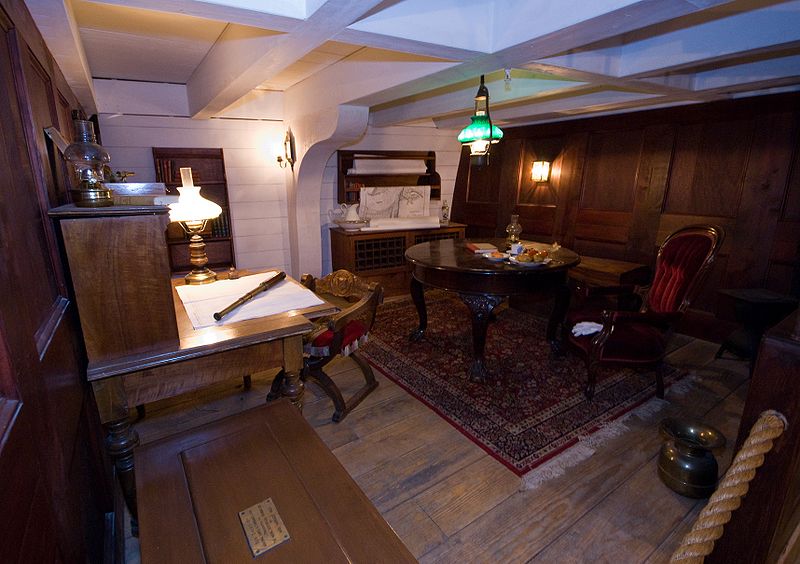
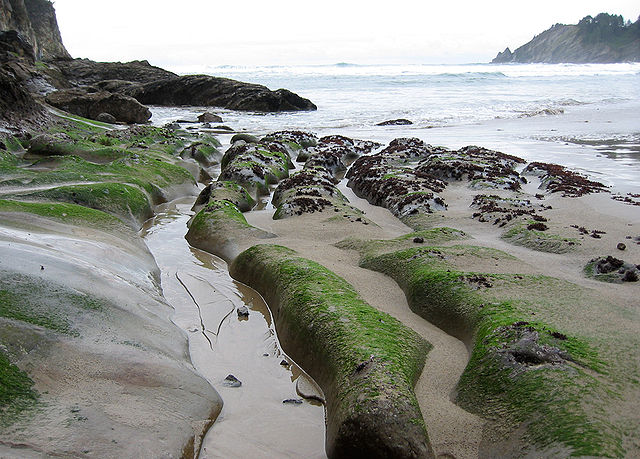



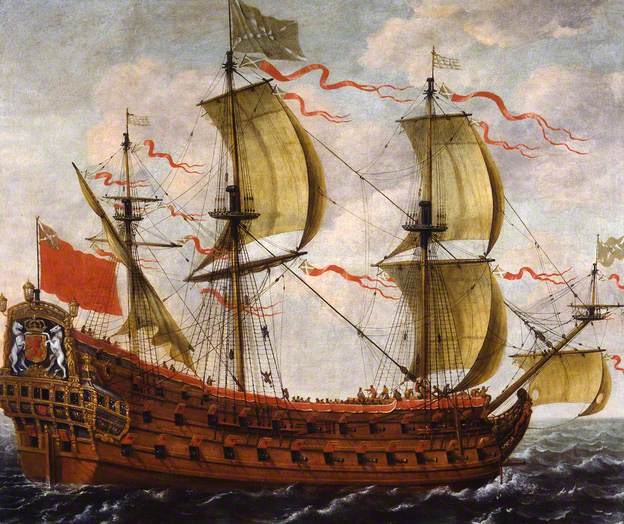

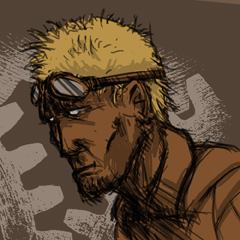


Ooh, this is a lovely article! I love all the bit of uncertainty in the myth and in how people think of it, like whether she was blind or really existed. Very nice!
Thanks!